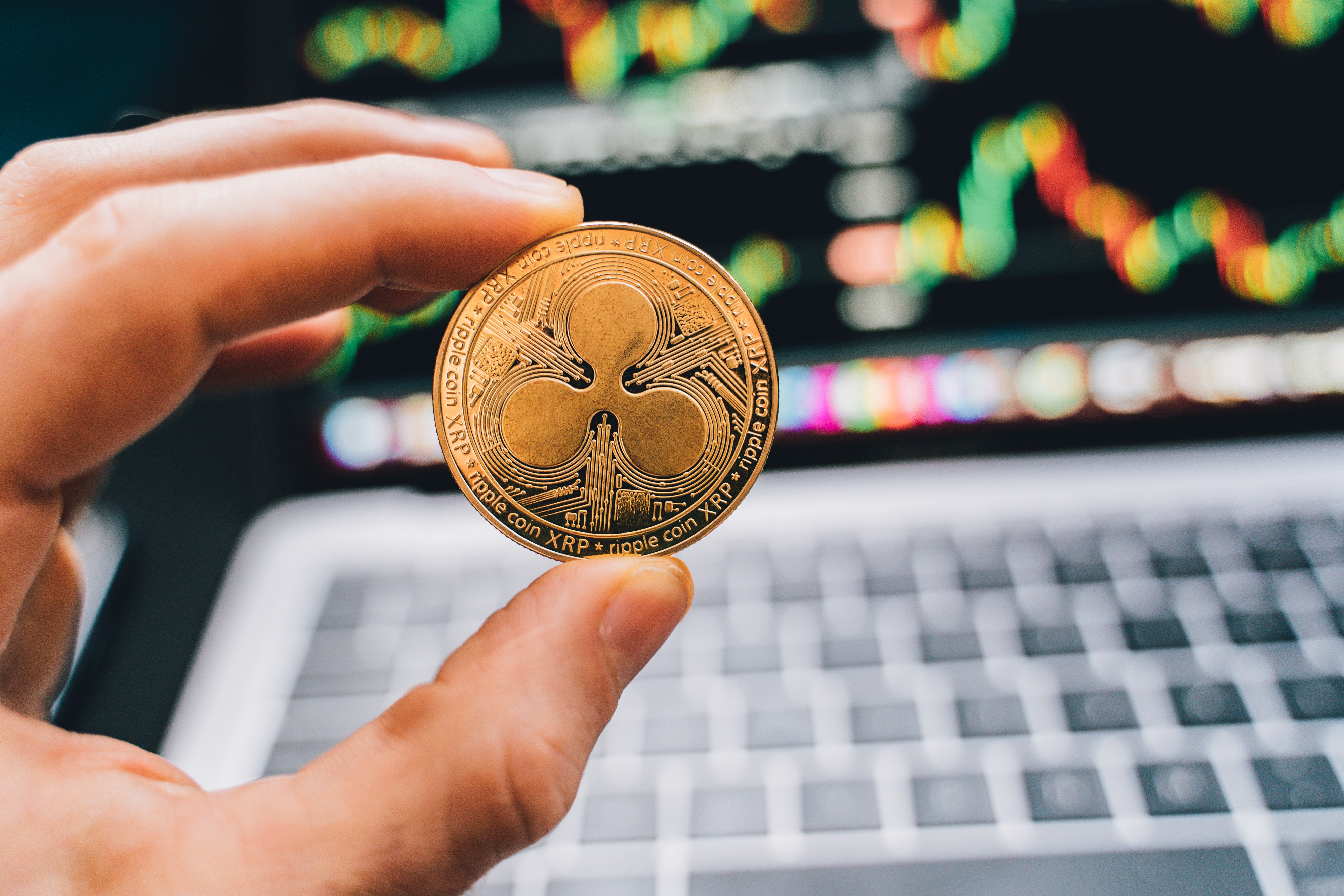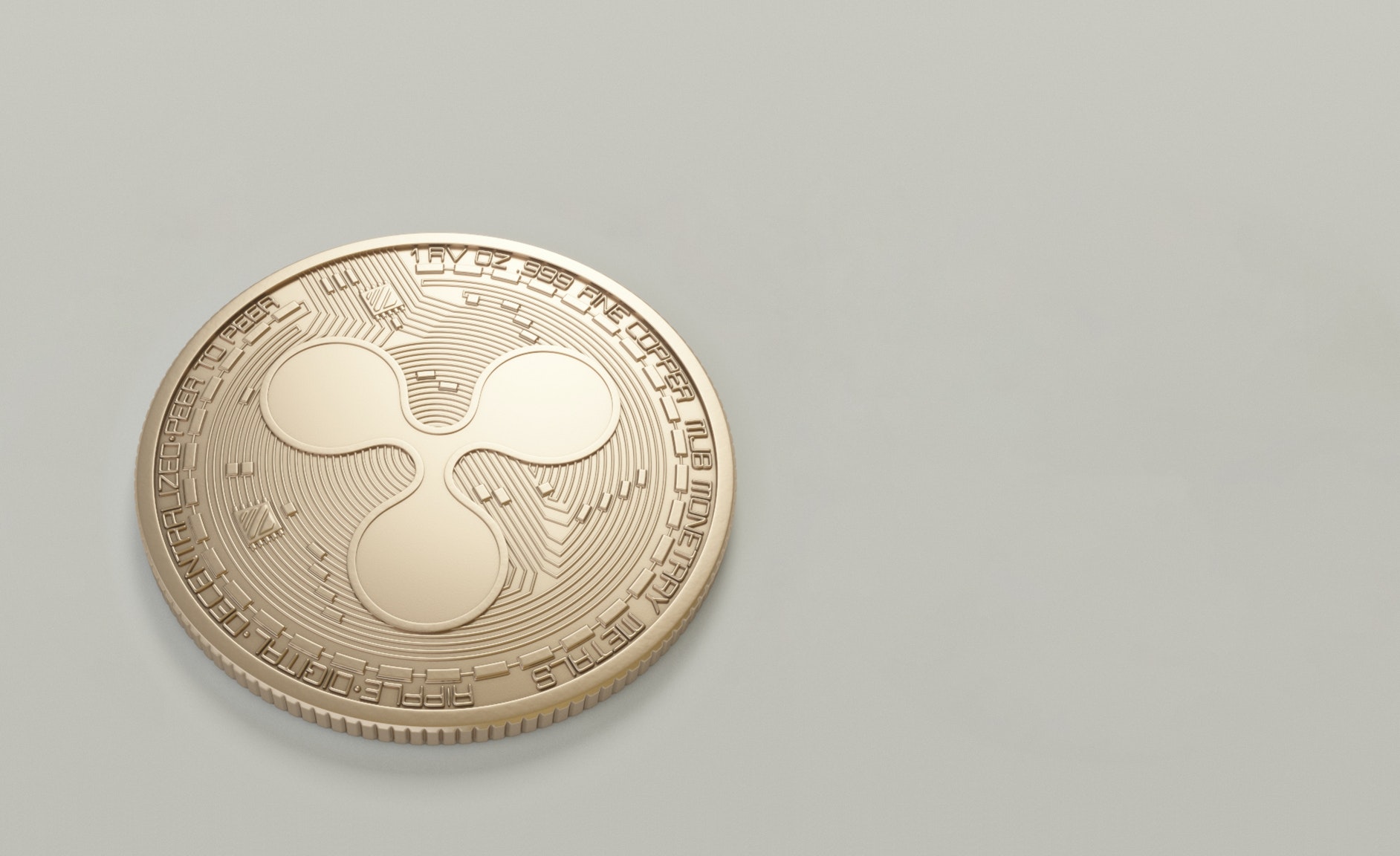We recommend the best products through our internal review process and may receive compensation if you visit partners we recommend according to our advertising disclaimer.
the concept of Ripple
The value of a currency is based on its stability and how it has stood the test of time, including how it has performed in various economic climates. A currency must be relatively stable and function as intended. The value of most currencies came initially from their innate properties. The issue of ascribing a currency with a specific value has always been tricky, even more so with the advent of fiat currencies because their value is not attached to a commodity.
Humans have used various commodities throughout history to conduct economic activity, ranging from agricultural products to precious metals. The use of coins as currency first started in Mesopotamia c. 625 BCE. Despite this early introduction to using coinage, our agrarian-based ancestors conducted most economic activity using the barter system. Physical goods, mainly agricultural products like cocoa and wheat, were exchanged for goods that couldn’t be made on the farm. Eventually, humans began replacing the barter system with precious metals. These metals were minted by the state (government) into a state-issued coin. Coinage was much easier to transport over great distances than other commodities.
Programmers created cryptocurrency to combat the issue of fluctuating currency values. Part of the value of a cryptocurrency comes from the idea that it has its specific purposes and functions. They all have problems they were designed to solve.
Understanding the concept of Ripple: What is Ripple?
According to Investopedia, Ripple is a technology that acts as both a cryptocurrency and a digital payment network for financial transactions. Founded by Jed McCaleb and Chris Larsen, Ripple Labs Inc developed the Ripple software to settle payments online. It does this through a cryptocurrency coin known as XRP. This digital asset can exchange money between two currencies without a middle-man like the Society for Worldwide Interbank Financial Telecommunication (SWIFT).
Ripple (XRP) and Bitcoin have no connection; each runs on its own blockchain technology. The main differences between XRP and Bitcoin are that Bitcoin is not under any one single entity’s control, and investors can use it for various purposes. In contrast, Ripple owns XRP, and it has the primary purpose of being a means of exchange for international financial transactions. Ripple controls the majority of the XRP currency. Another difference between Ripple and other cryptocurrencies is that Ripple does not run with a proof-of-work (PoW) system like bitcoin or proof-of-stake (PoS).

How does Ripple work?
Ripple Labs designed the software to make financial exchanges faster and easier for banks to conduct, making Ripple a preferable choice for monetary transactions between financial institutions. Ripple’s digital currency, XRP, acts as a bridge currency to other currencies. For example, $1M U.S. is converted to XRP, then converted to Euros.
Is Ripple a Good Investment?
At this time, investing in Ripple cryptocurrency carries some risks because there has been a lawsuit filed against the company by the Securities Exchange Commission (SEC). Because of this, many trading platforms have dropped XRP from their exchanges. As a cryptocurrency investing in Ripple poses some concerns that don’t exist with the other better know coins. Other coins are decentralized; because they have no owner, backlashes against a company do not impact them.
As a replacement to an obsolete and mundane system for global monetary exchange, investing in Ripple may be worthwhile. Ripple’s preference by financial institutions should eventually cause improvements in its legal status with the SEC. On an episode of The Crypto Show, Nick Sexton said, “It’s just a matter of getting banks on board with Ripple.”
Ripple Pros and Cons
Like any other digital payment platform, Ripple has its pros and cons.
Some of its pros include:
- Cost-efficient
- Faster than SWIFT and more secure
- Less energy consumption from mining pools (there are none)
- Designed and built to handle transactions by large financial institutions
Its cons include;
- Centralized
- Pre-mined with Ripple releasing XRP periodically
- Volatile
- Legal concerns

The Peculiarity of Ripple
Ripple is a platform used for digital payment and international monetary exchange, whereas; Bitcoin holders may use it to purchase actual goods or as long-term investments. Also, while Ripple controls the amount of XRP and is pre-mined, Bitcoin can be mined and does not have a particular company that maintains its supply in the market. Ripple’s transaction speed is very fast, and Bitcoin’s is slow. Ripple, unlike Bitcoin, utilizes a consensus system through a group of servers owned by financial institutions to confirm exchanges that take place.
In conclusion, Ripple is currently facing a rough road ahead due to the lawsuit filed against it by the U.S. Securities and Exchange Commission for raising more than a billion dollars through the sale of unregistered securities. Ripple will likely survive their legal troubles because financial institutions prefer them over using SWIFT to carry out transactions.
Click for your free Crypto investing course here.
Follow us on Twitter: https://www.twitter.com/

